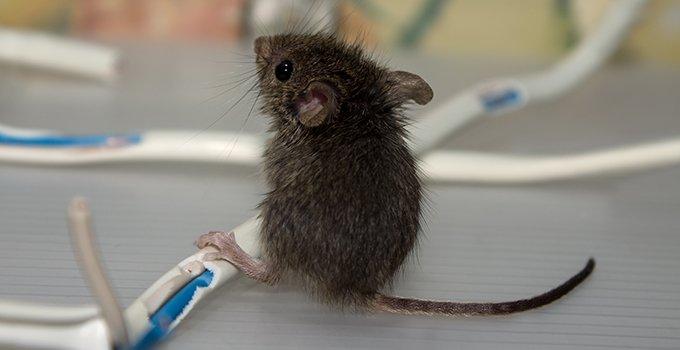Understanding Rodent Control Laws for Landlords
When it comes to ensuring the comfort and safety of tenants, understanding rodent control laws for landlords is crucial. As a landlord, you have a responsibility to maintain a habitable environment, which includes keeping properties free of infestations. This article delves into the specifics of these laws and what they mean for you.
Rodents like mice and rats can be more than just a nuisance; they pose serious health risks and can cause significant property damage. Therefore, understanding the legal obligations surrounding rodent control is not only beneficial but necessary for landlords to protect both their property and their tenants.

The Importance of Rodent Control
Rodents can spread diseases, contaminate food supplies, and cause structural damage through their gnawing. As a landlord, failing to address a rodent infestation promptly can lead to legal action from tenants, damage to your reputation, and potentially costly repairs.
A proactive approach to rodent control not only protects your property but also ensures tenant satisfaction and compliance with the law. Regular inspections and maintenance can prevent infestations from occurring in the first place.
Legal Responsibilities of Landlords
Landlords are required by law to provide a safe and habitable living environment. This often includes ensuring that properties are free from pest infestations. Specific laws can vary by state or region, but the underlying principle remains the same: landlords must take appropriate measures to control and eliminate rodent problems.
In some areas, landlords are required to conduct regular pest control treatments and inspections. Failure to comply with these regulations can result in fines and legal disputes. It is essential to stay informed about the specific laws in your area to ensure compliance and protect your investment.
Tenant vs. Landlord Responsibilities
Understanding the division of responsibilities between tenants and landlords is essential. Typically, landlords are responsible for maintaining the property's exterior and common areas, while tenants are expected to keep their individual units clean to prevent attracting pests.
For more insights on dividing responsibilities, you can explore the article on Tenant vs. Host Pest Control.
Preventative Measures for Landlords
Prevention is always better than cure. Regular inspections, sealing entry points, and maintaining clean common areas are key strategies landlords can employ to prevent rodent infestations. Additionally, working with professional pest control services can ensure that any potential issues are addressed before they become significant problems.
Landlords can also benefit from educational resources such as those found in the Summer Pest Control Strategies, which offer season-specific advice on managing pests.
Addressing Complaints from Tenants
When tenants report a rodent problem, it's crucial to respond promptly and effectively. Ignoring or delaying action can exacerbate the issue and lead to tenant dissatisfaction or legal consequences. Establishing a clear protocol for handling pest complaints can streamline the process and ensure swift resolution.
To learn more about handling tenant complaints, you might find the Checking Reviews for Pest Complaints article insightful.

Working with Pest Control Professionals
Collaborating with experienced pest control professionals can provide landlords with peace of mind. These experts can conduct thorough inspections, identify potential problem areas, and implement effective control measures.
For landlords of vacation rentals, like Airbnbs, maintaining a pest-free environment is even more critical to ensure positive guest experiences. The article on Maintaining a Pest-Free Airbnb offers valuable tips for short-term rental owners.
FAQ Section
What are the consequences of not addressing a rodent infestation?
If a landlord fails to address a rodent infestation, they may face legal action from tenants, damage to their property's reputation, and potentially costly repairs due to property damage caused by rodents.
Are tenants ever responsible for rodent control?
Tenants are generally responsible for maintaining cleanliness in their living spaces to prevent attracting pests. However, landlords are typically responsible for addressing infestations in the property's common areas and exterior.
How often should landlords conduct pest control inspections?
The frequency of pest control inspections can vary based on local laws and the property's location. However, it is advisable for landlords to conduct inspections at least annually or more frequently if the property is in an area prone to pest issues.
